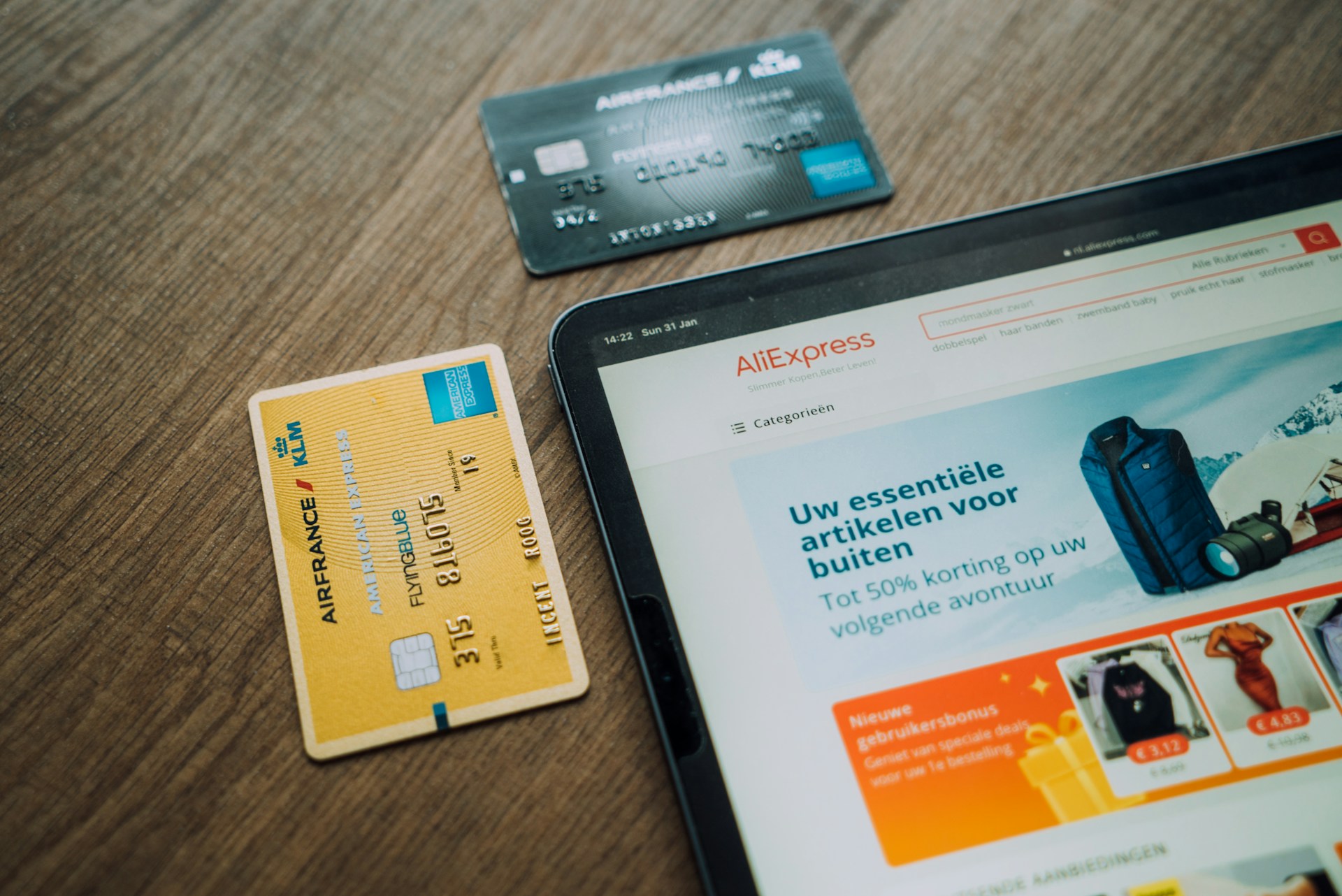Keeping Your Money Safe When Engaging with International Websites

As technology advances, it has become so much easier to do various activities online, ranging from shopping and ordering medication to watching movies and gaming. Even more, doing this on an international scale has become a common practice, whether it’s purchasing clothing or placing an order at your favourite TikTok shop. However, there are many risks associated with international transactions, including conversion rates, shipping fees, and delivery wait times. The most important concern is financial security, so here is a guide on how to safely navigate the global web and protect your assets.
Immediate Security Checklist
The first step in securing your personal and financial safety is quite simple: always conduct a routine check when using any website for the first time. For example, Brits tend to enjoy online gambling, but many often prefer platforms not governed by GamStop. As such, it can be quite difficult to find trusted non gamstop casinos, which is where that security check comes in. On each site, there are three things you want to look for: an SSL (Secure Sockets Layer) indicator (a padlock icon in the URL bar), an “https://” URL, and the terms and conditions.
More specifically, you want to read the terms and conditions surrounding how deposits, winnings, and withdrawals work and avoid any sites with this information not readily available. As you will have access to thousands of real-money games, exclusive bonuses, and higher limits, it is crucial to understand how your money will be utilised. These perks are alongside the flexible payment options and fast payouts you are promised.
Payment Verification and Secure Methods
A crucial golden rule to remember when making a payment on any international site you may be unfamiliar with is to never use your debit or credit card. Entering this information on a new website puts your finances at risk, which is why using an intermediary for payment is a much safer option. Digital wallets (think PayPal, Venmo, and Apple/Samsung Pay) are superior options, and you can think of them as a firewall that ensures no one ever sees your banking info. In the case that anything goes wrong, these platforms offer buyer protection (purchases are fully refundable if there is any suspicious activity) and quick and efficient dispute resolution.
Prepaid and virtual cards are another great alternative, as you can work with an isolated sum of money (just enough for your purchase). If there is a breach of any kind, you are not greatly impacted due to the limited funds that would be available in the prepaid/virtual card. Lastly, you always want an extra layer of protection with international transactions, and you can achieve this with 2FA (Two-Factor Authentication). Enable this feature for any payment method or bank linked to an international site, ensuring no purchases can be made without your approval.
Vetting the International Merchant
Although it might feel like extra work at first, spending a few minutes reading expert articles on online business trends or doing a quick check on a site before using it can prevent serious problems later. If you are interested in buying from an online merchant, try and find out as much about them as you possibly can before going through with a purchase. Beyond checking for SSL certification and intact URLs, you also want to ensure a site has clear, verifiable, and functional contact information (email, contact number, etc.). Reading user reviews on reputable sites like Trustpilot and HelloPeter can give you additional insight into what issues you may encounter. Bear in mind that a lack of this information is always a cause for concern and can be considered a red flag.
Cybersecurity Best Practices
Lastly, you want to ensure you are adhering to cybersecurity best practices when utilising international sites to better protect yourself online. Strong (and unique) passwords are going to be crucial, so finding a good password manager can help you handle the sign-in for each website. You can opt to create your own password (remember to use symbols, letters, and numbers) or have the password manager create it on your behalf. Another vital point is to avoid using public Wi-Fi when making any sort of financial transaction, especially international ones. In doing so, you leave your financial data vulnerable to malicious third parties who may intercept this transaction (or worse).
If you are forced to use public Wi-Fi, using a good and secure VPN is always recommended to protect your location and private information. When using international sites, there is a high chance you could become the victim of a phishing scam. These generally come in the form of emails or text messages claiming your package has arrived or an additional payment is required. Checking for in-app updates or official communications is crucial, as clicking on these unauthorised payment links can quickly compromise your data.
Conclusion
Although it might sound scary, the international web is an asset and not a threat, but it is a place to be cautious due to the increasing number of malicious actors and scams. As such, routine monitoring, thorough research, and scam awareness will be all you need to keep yourself safe online.
